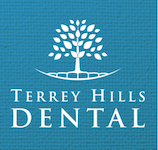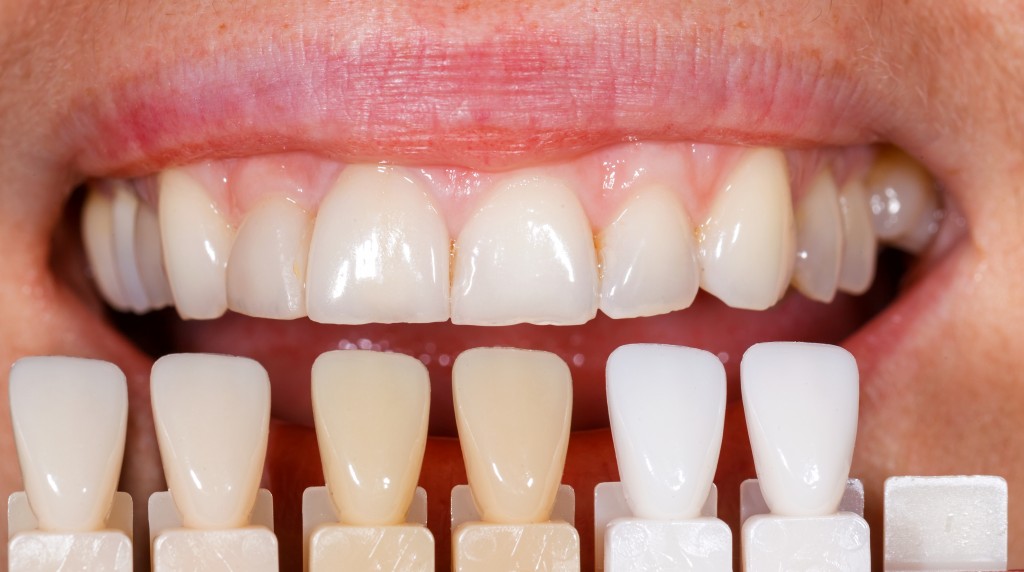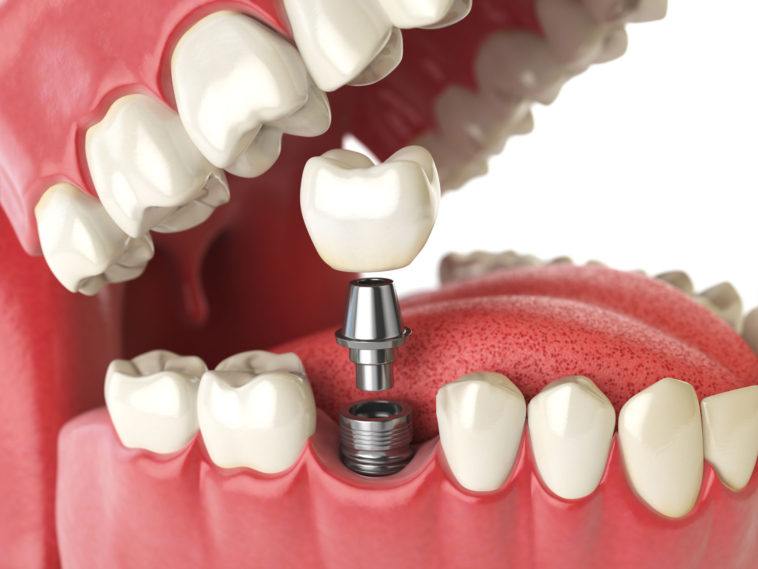- Home
- Services
- Snoring and Sleep apnoea
Snoring and Sleep apnoea

Loud snoring – primarily when accompanied by daytime sleepiness or fatigue- is a sign of sleep apnoea. It is a common but severe disorder that significantly impacts your breathing. The lack of oxygen during a sleep apnoea will constantly wake you up with a sudden jolt. It will keep you up at night and drowsy the next day.
Snoring, is caused by vibrations in the respiratory structures. It occurs during sleep when the area at the back of the throat or in the nose relaxes and narrows. The restriction of air movement through the narrow airway results in snoring.
Snoring is often a warning sign of sleep apnoea, which occurs when the airway becomes completely blocked and no air is able to pass through at all.
There are many reasons for snoring some of which are:
- Being overweight and having excess fatty tissue around the neck.
- Smoking causes inflammation of the airway and irritates the nasal passages.
- Alcohol slows the brains responses causing more relaxation than usual.
- Medication, antihistamines and sleeping pills in particular, have the same effect as alcohol
- Allergies which cause swelling of the nasal passages.
- Asthma, colds and sinus infections which cause inflammation of the airway.
- Having a narrow throat, obstructions in the nose and/or underdeveloped jaws
- Enlarged adenoids, tonsils or a cleft palate all contribute to snoring.
- Age causes a loss of muscle tone which creates a narrowing of the airway.
Once sleep Apnoea is suspected a sleep study will be carried out to confirm the diagnosis.
How your dentist can help with snoring
There are many products on the market to help with snoring, but your dentist can fabricate a device that is custom-made for you. It is called a Mandibular Advancement Device and works by holding your lower jaw and tongue forward, therefore, keeping your airway open whilst you sleep. Please speak to your dentist for further advice.
Types of Sleep Apnoea
Obstructive Sleep Apnoea
The most common type – the muscles that assist the soft tissues get blocked during sleep and mess with the typical nose and mouth airflow. It causes noisy snoring.
Central Sleep Apnoea
Less common than obstructive, this involves the central nervous system. You start snoring when the brain stops sending signals to the muscles controlling your breath.
Complex Or Mixed Sleep Apnoea
It is a rare combination of the above results in sleepless nights and heavy snoring.
Is It Sleep Apnoea or Just Snoring?
There’s one way to find out – regular snoring doesn’t interfere with sleep quality during the day – sleep apnoea does. If you suffer from extreme sleepiness and fatigue, then know that you’ve sleep apnoea.
When Is It Time to Visit Your Dentist?
When the snoring gets unbearable, and you experience signs of drowsiness and extreme fatigue during the day, visit your dentist immediately. Our dentist can help you snore at Terrey Hills Dental Services by fabricating a device tailored to your needs. We will ensure you receive treatment that caters to your specific needs.
"Any surgical or invasive procedure carries risks. Before proceeding, you should seek a second opinion from an appropriately qualified health practitioner."




